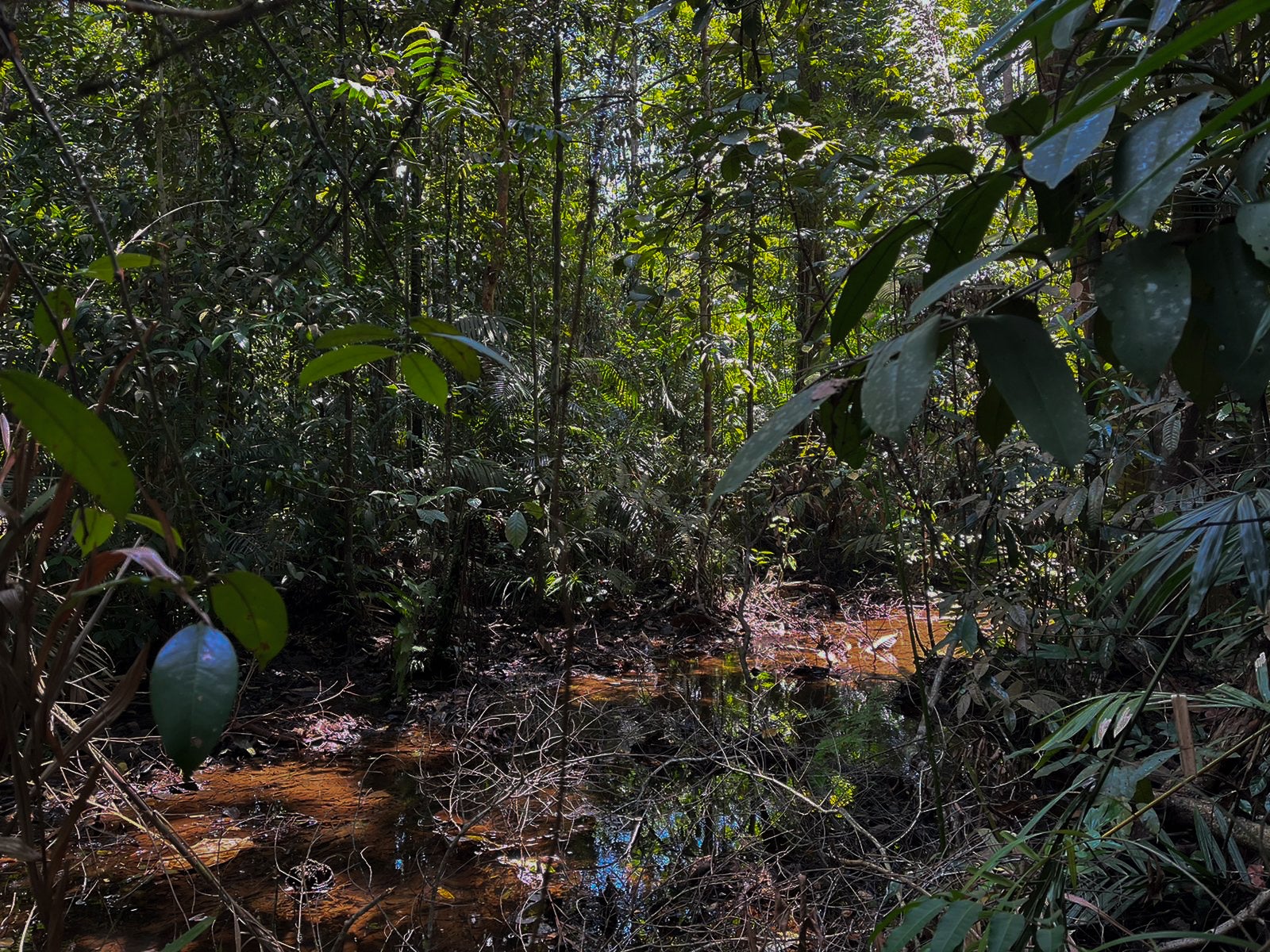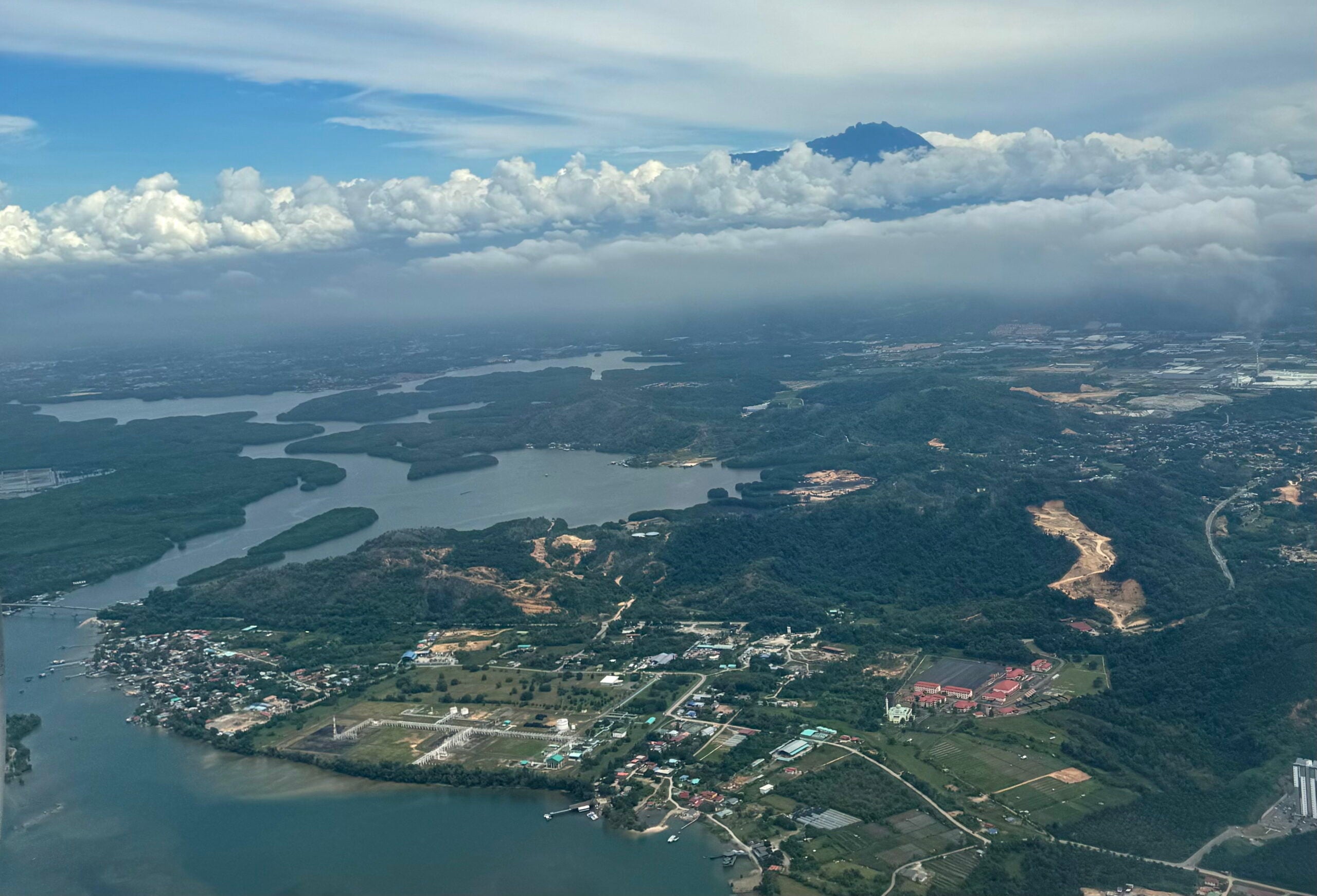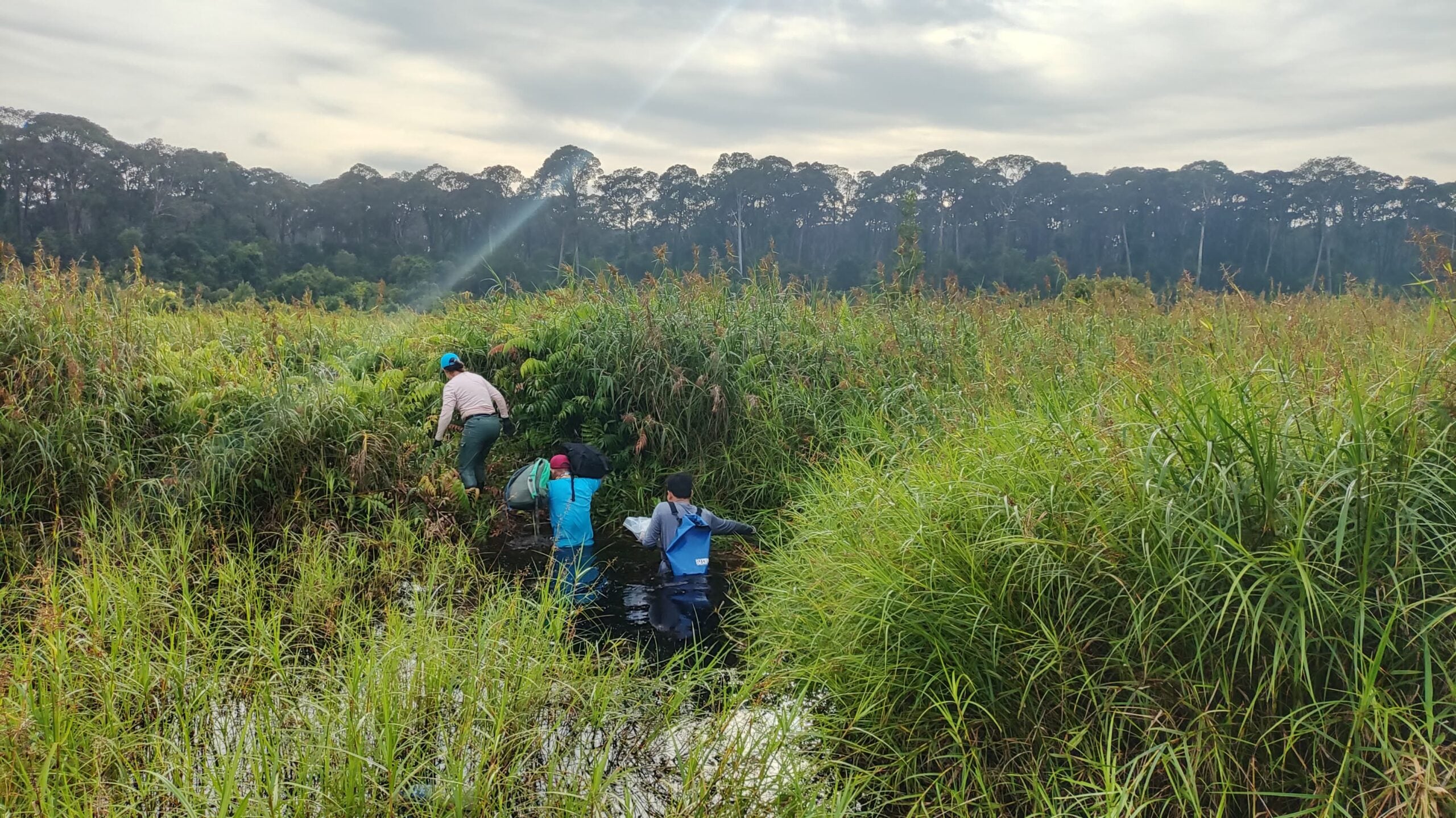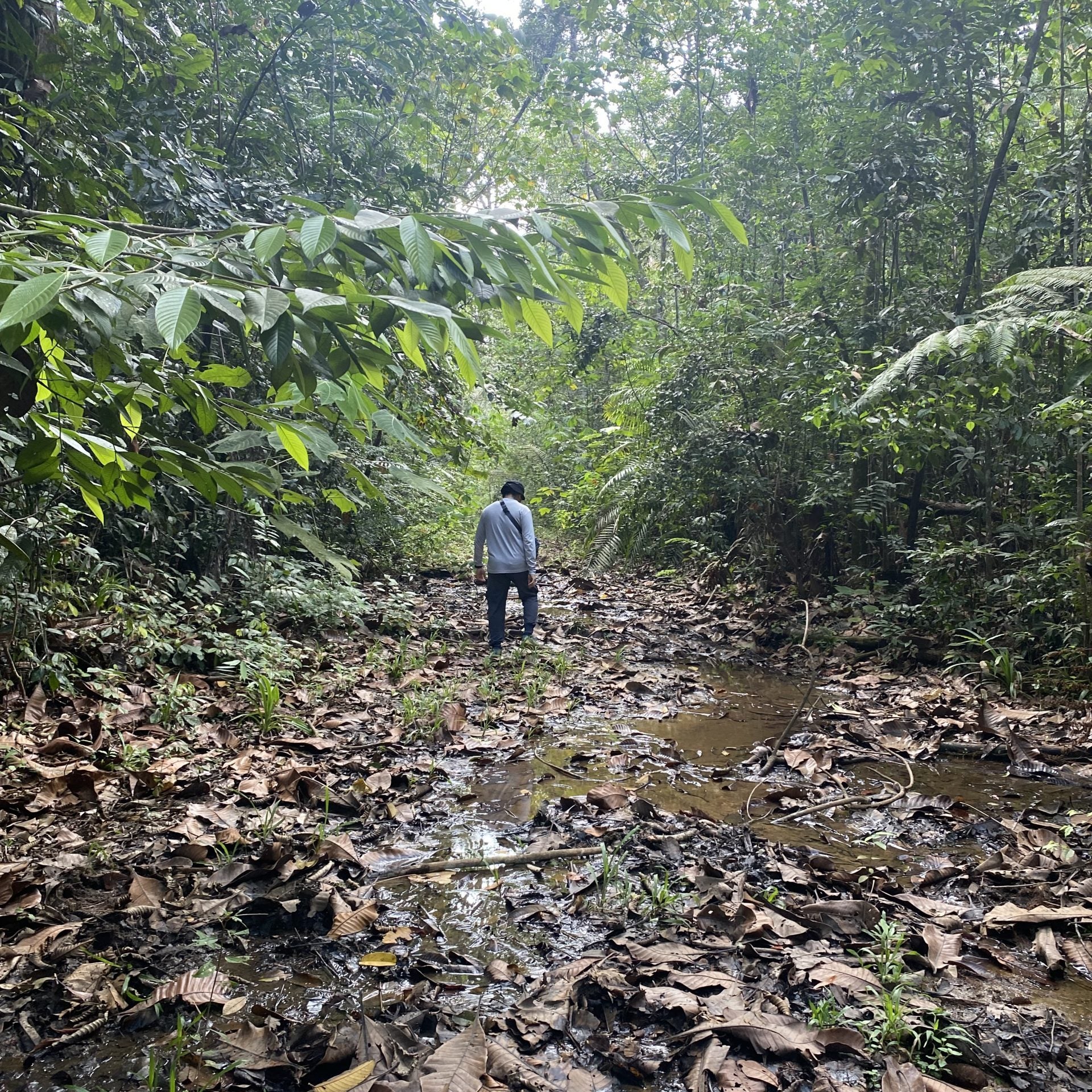Our Research Themes
Our Labs
Prof. Koh Lian Pin leads the Applied Ecology & Conservation (AEC) Lab. Their research focuses on developing policy-relevant science and science-based decision support tools to help reconcile humanity’s needs with environmental protection, particularly in the developing tropics.
Asst. Prof. Lim Jun Ying leads the Plant Ecology, Evolution and Biogeography (PEEB) Lab. They study the ecological and evolutionary processes that shape plant biodiversity and ecosystem dynamics, to inform the conservation of tropical ecosystems and biodiversity.
Asst. Prof. Hao Tang leads the Spatial Environmental Analytics and Remote Sensing (SpEARS) Lab. They employ various remote sensing and geospatial techniques to map, analyse, and understand tropical environmental change.
Assoc. Prof. Adrian Loo leads the Lab for Advancing Protection of biodiversity with Innovative Solutions (LAPIS). Their research focuses on harnessing conservation technology to tackle challenges like the illegal wildlife trade and biodiversity discovery.
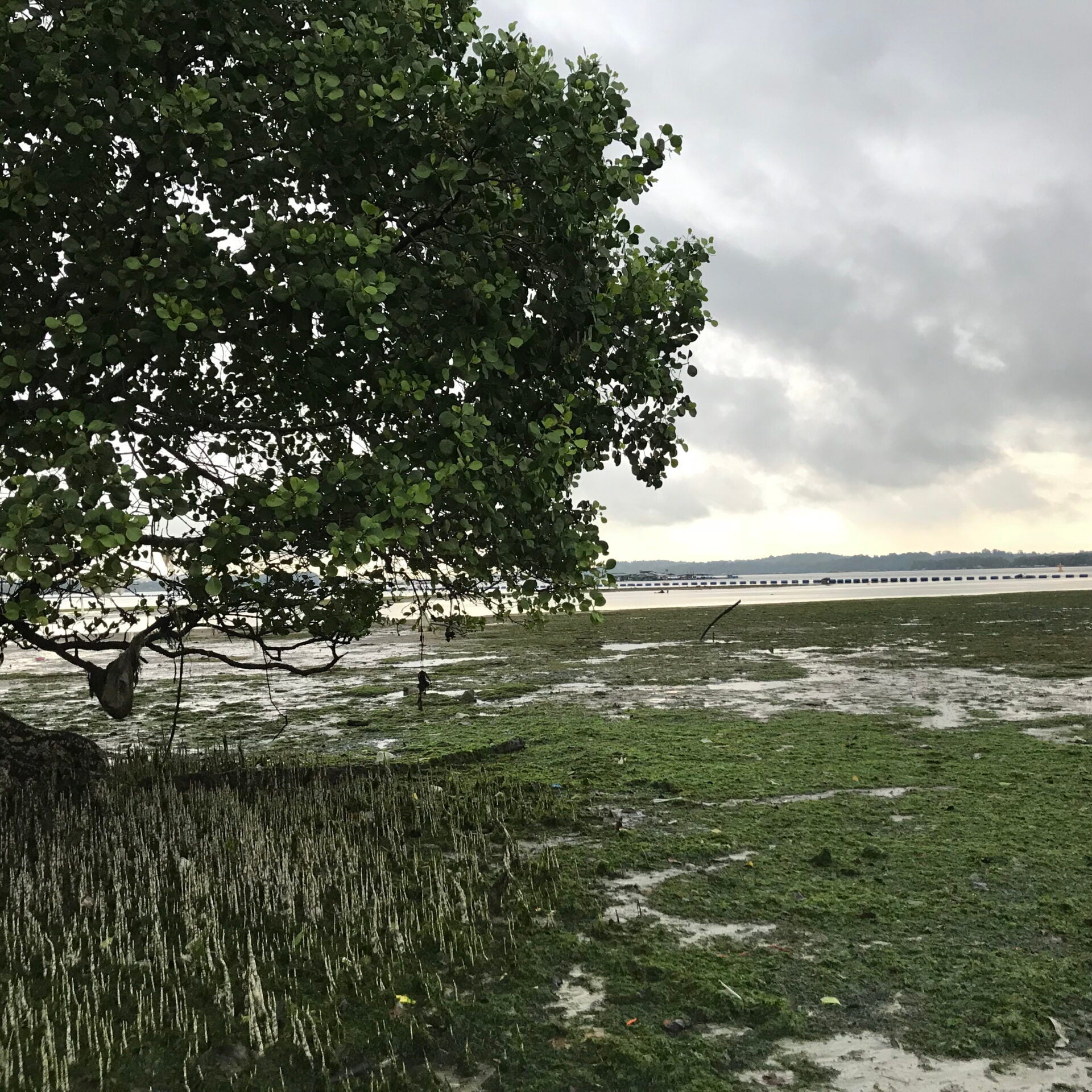
AEC
Prof. Koh Lian Pin leads the Applied Ecology & Conservation (AEC) Lab. Their research focuses on developing policy-relevant science and science-based decision support tools to help reconcile humanity’s needs with environmental protection, particularly in the developing tropics.

SpEARS
Asst. Prof. Hao Tang leads the Spatial Environmental Analytics and Remote Sensing (SpEARS) Lab. They employ various remote sensing and geospatial techniques to map, analyse, and understand tropical environmental change.
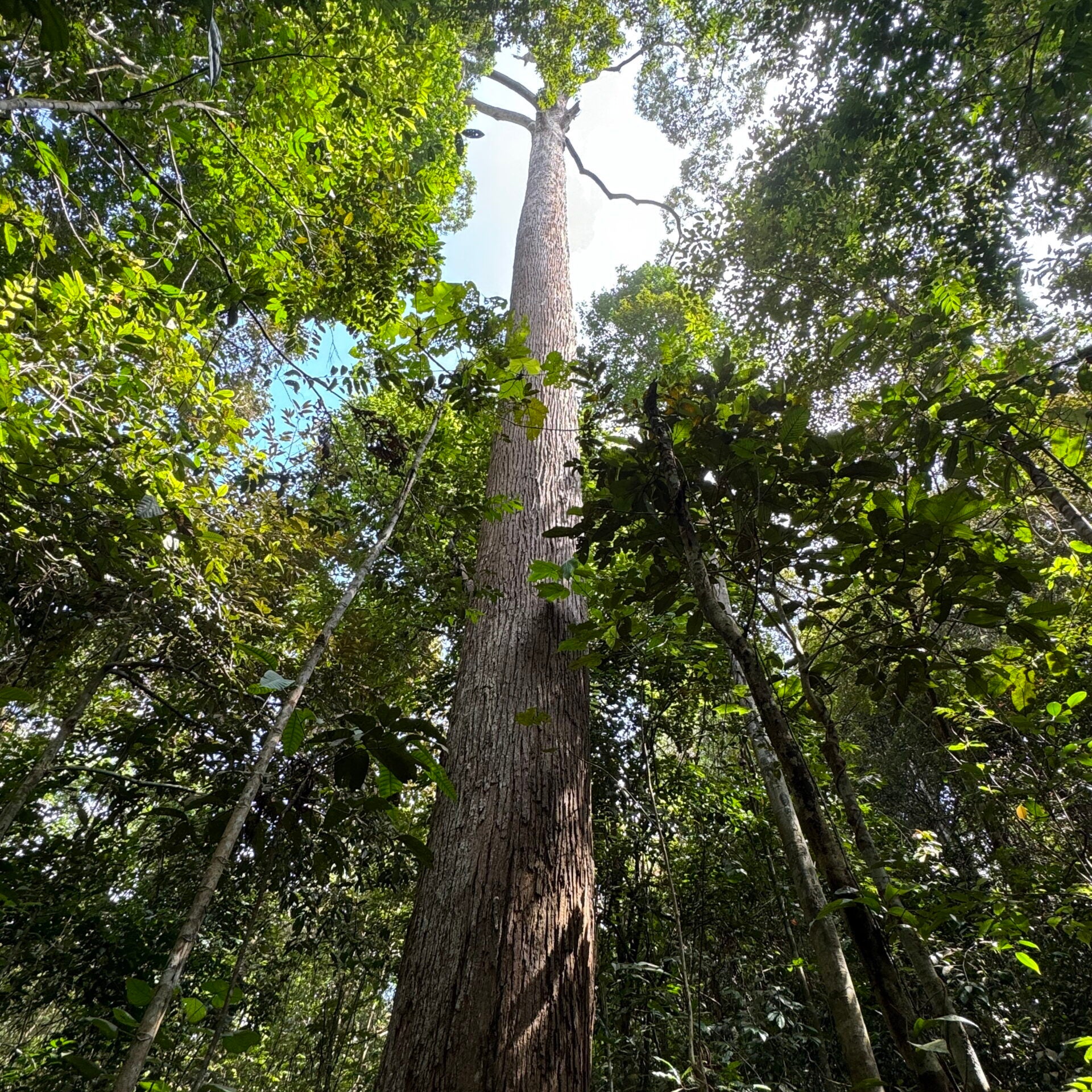
PEEB
Asst. Prof. Lim Jun Ying leads the Plant Ecology, Evolution and Biogeography (PEEB) Lab. They study the ecological and evolutionary processes that shape plant biodiversity and ecosystem dynamics, to inform the conservation of tropical ecosystems and biodiversity.
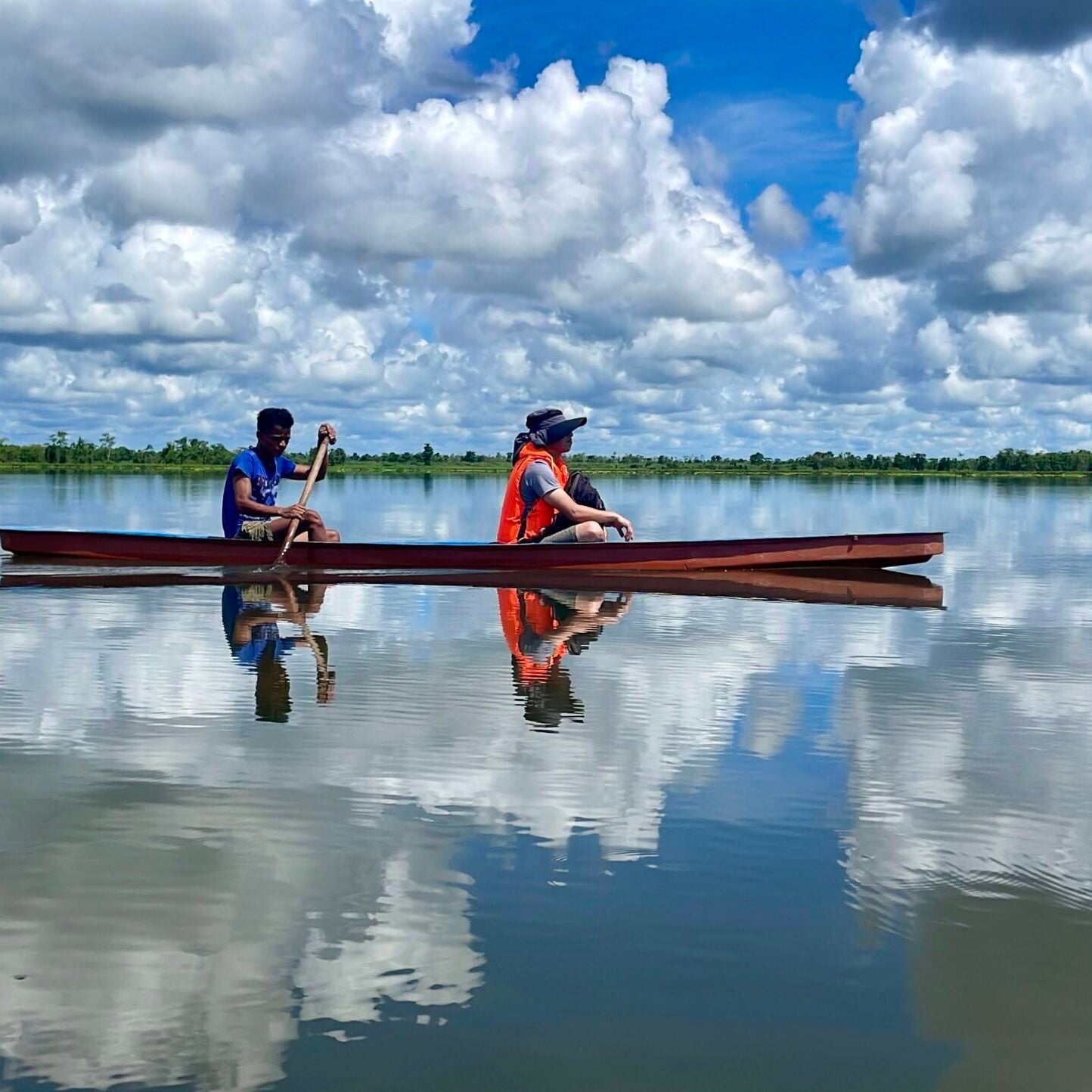
LAPIS
Assoc. Prof. Adrian Loo leads the Lab for Advancing Protection of biodiversity with Innovative Solutions (LAPIS). Their research focuses on harnessing conservation technology to tackle challenges like the illegal wildlife trade and biodiversity discovery.


